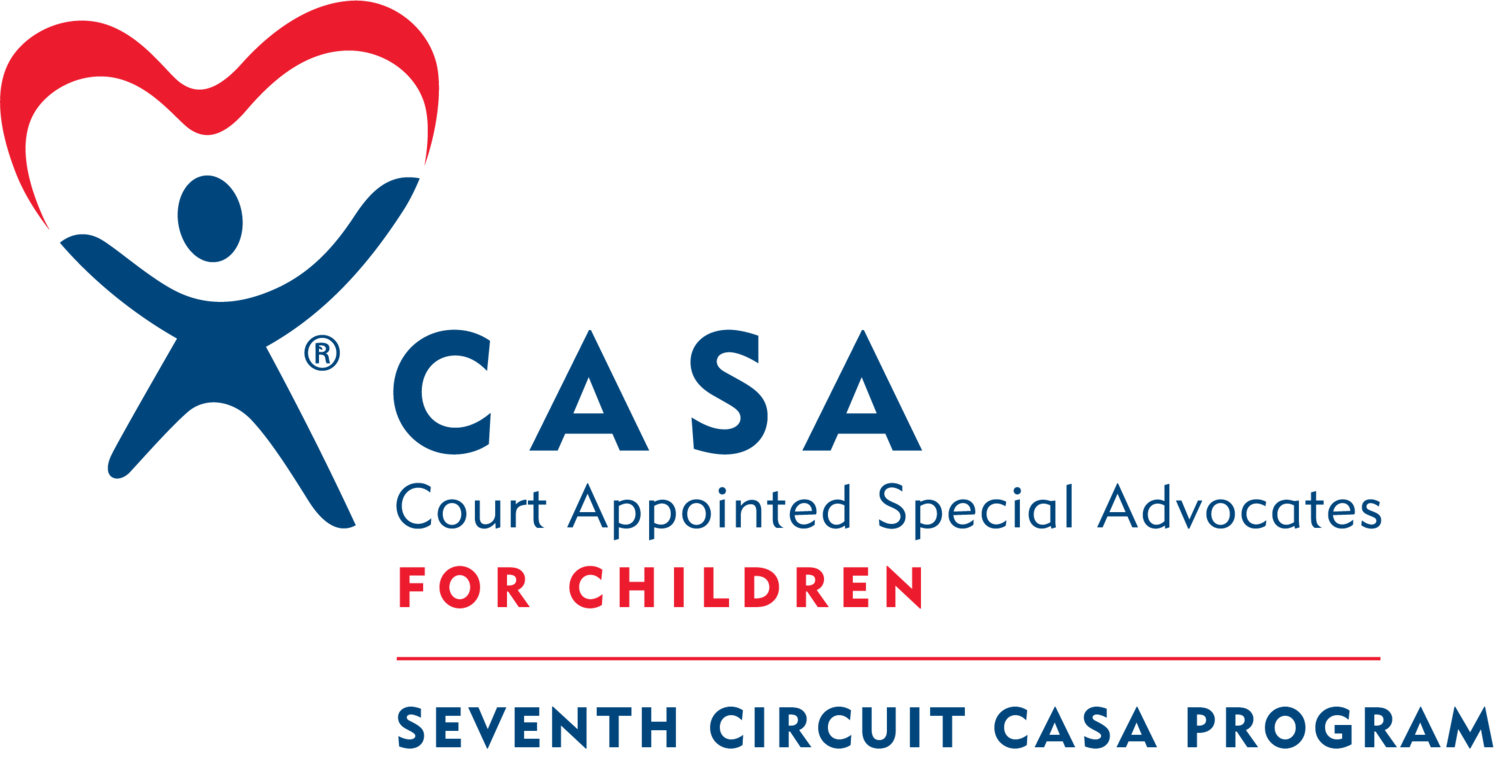
Frequently Asked Questions
What does a CASA volunteer do?
CASA volunteers are appointed by a Judge to advocate for the best interests of abused and neglected children. Responsibilities of a CASA include:
-
Review documents, contact with associated parties, and other individuals involved in the child’s life.
-
Maintain a consistent visitation schedule with the child. We ask volunteers to make weekly contact and have in-person visits at least once a month.
-
Provide written reports to the Court in preparation for all court hearings. Volunteers will receive a coordinator upon being sworn in as an advocate to guide and help with this process.
-
Assist the Court by reporting any deviation from what the Court has ordered for the case.
-
Ensure the child is receiving appropriate services by notifying associated parties and the Court of any needs currently not being addressed. This can include, but is not limited to, the child’s mental and physical health, education, cultural needs, etc.
What training does a CASA volunteer receive?
CASA volunteers will receive a total of 30 hours of training. Currently, our training includes 15 hours of online coursework and 15 hours of in-person with advocacy program managers. This will all take place over a course of six weeks.
Can those without a closely related degree or those who don’t have children still be an advocate?
Yes, you certainly can! Each individual has their own life experiences that can be harnessed to be a good advocate to a youth. Plus, the most important factor anyone can offer is a consistent, reliable and positive relationship - above all, your time.
How long does a volunteer remain involved with a case?
We ask our volunteers to commit to at least one year to an assigned case with the ultimate goal of the volunteer continuing until the case is closed and permanency has been achieved. One of the benefits of the CASA program is that the CASA volunteer is a consistent figure in the process and provides continuity for a child.
Who can be a CASA volunteer?
Anyone who meets the following criteria can become a volunteer:
must be 21 years of age
pass background checks including criminal, central registry, fingerprints, and references
completion of 30-hour training course
commit to at least a full year once assigned
How does a CASA volunteer differ from a social service caseworker?
Social service caseworkers are employed by the Department of Social Services (DSS) or other contracted agencies. The CASA program is completely separate from DSS and does not replace a caseworker, rather a CASA volunteer provides a third party objective view to the court. A volunteer is an officer of the court and independent voice in a case.






